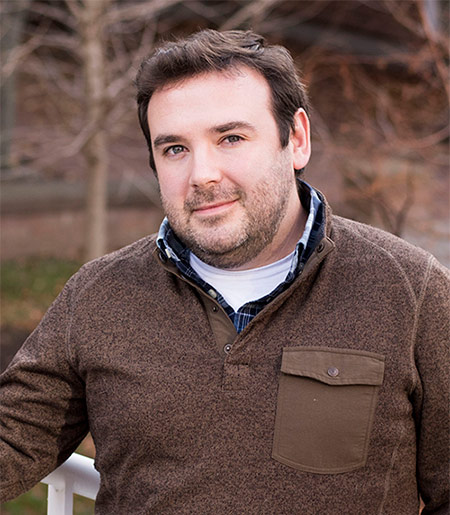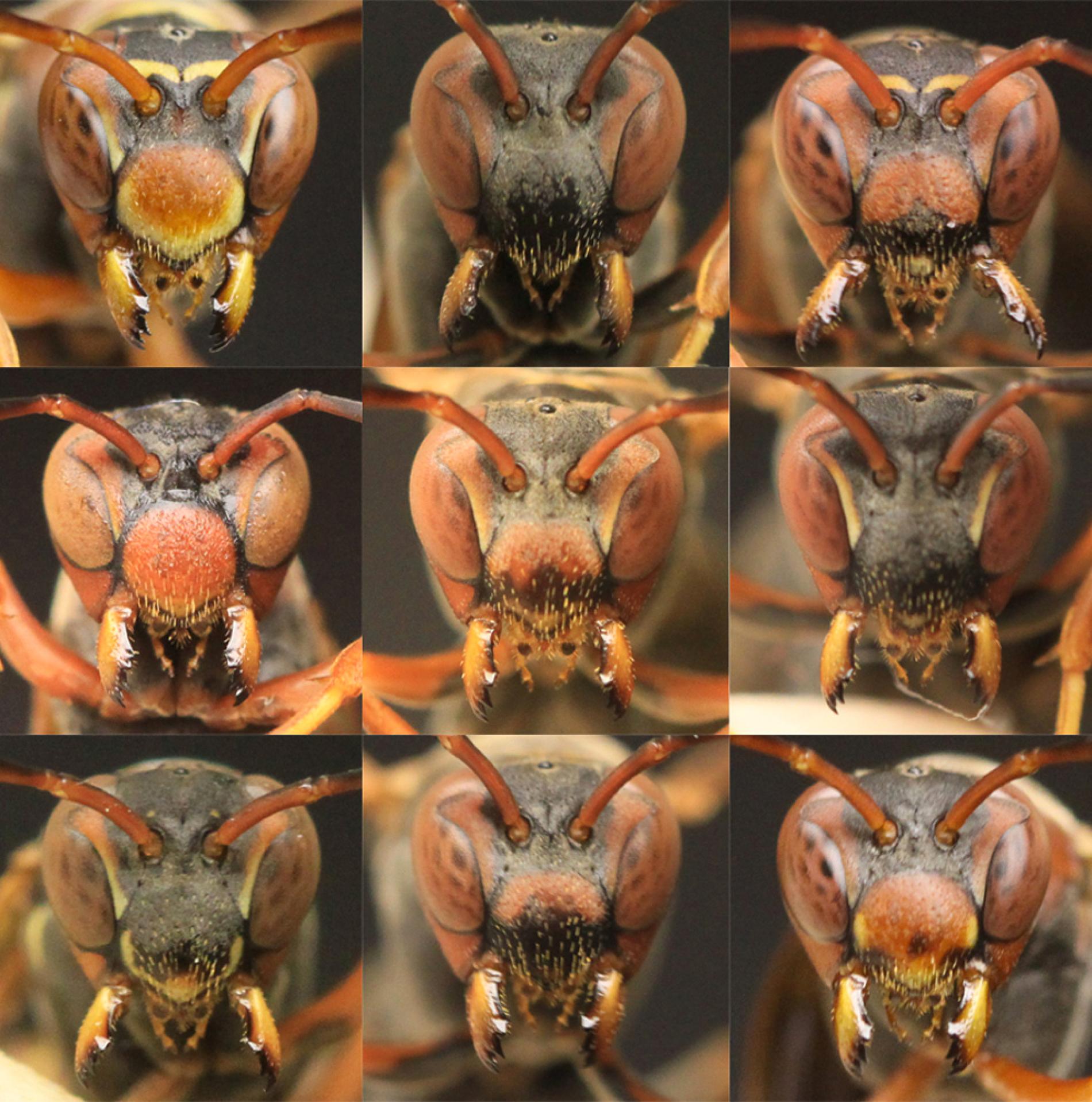About the department:
I’m in the Department of Neurobiology and Behavior at Cornell University. It is an unusual department that put together evolutionary and behavioral ecologists with neuroscientists – all people interested in behavior but from different angles. I was particularly drawn here as I’m interested in the genetic basis of behavior, which ultimately means finding out how genes influence neurons and circuits.
About the research:
My research seeks to understand the causes and consequences of social evolution. Most of my work has focused on how animals recognize other individuals within their social groups. Currently we have projects examining various aspects of evolution of individual recognition in both paper wasps and house mice. In wasps we are seeking to identify the genetic basis of cognitive abilities and phenotypic diversity associated with recognition. In mice, we are looking at how animals allocate individually distinctive scent marks across social and ecological contexts. Generally, we aim to take an integrative approach to understanding behavioral evolution.
What has been the biggest challenge as a new PI so far?
One of the biggest challenges has been time management – specifically trying to find time for my own research. I had always envisioned that in addition to all of the projects done by people in my lab I would still do my own projects too. I do have projects where I am collecting and analyzing the data. Even when I think “This week I will finish part X of this”, I end up getting derailed by 10 other things that come up in the lab and don’t get nearly as much done as I would have hoped. Obviously, lots of things are still getting done on various projects, just not maybe the one I had planned. The mental switch from someone doing science to someone managing science is a challenge!
Do you have a funny story to share from an Evolution Meeting?
My favorite story from an SSE meeting happened at a poster session during the 2014 meeting in Raleigh. My wife (another new faculty SSE member Tory Hendry) and I were both presenting at the conference and had our 3 year old with us. We were talking to a small group of other parents with young kids when suddenly all the kids started running around giggling. We looked over and realized that a guy about 30 feet away was moving around the free conference-swag laser pointer on the floor and kids were all chasing it around like they were cats. I think they must have continued chasing the light for 20 minutes. The kids eventually figured out what was going on, but thought it was great fun…and it really tired them out! (p.s. I have used this trick with kids at other times and it seem to generally work).
Besides research, how do you promote science?
I’m currently working with the local hands-on children’s museum in Ithaca, the Sciencenter, on a project to engage middle school students in developing novel ways to communicate about evolution and animal behavior. The Sciencenter’s program fosters students’ development of communication skills as well as scientific concepts. Over the next few years, working with these middle-school aged students, we are going to design and erect informational displays and signage in many of the heavily visited local state parks. I’m especially excited about this project because I will be able to have a direct interaction with a smaller number of students that can then ripple out to a much larger community through the interpretive displays and signs that we design together.
Do you have a favorite science, book, TV show, podcast or blog?
Certainly as evolutionary biologists we all appreciate the important role the past has had in shaping modern patterns of diversity, but I certainly had not had a class that emphasized the deep history of life. This always struck me as odd. I have certainly learned a lot from reading books like The Ancestor’s Tale but would like to give a shout out to the kids cartoon Dinosaur Train for its excellent review of life throughout the Mesozoic. I have watched a lot of those episodes with our son when he was younger and definitely learned about Earth history.
How was your first faculty meeting?
To be honest, I don’t really remember. In general they are pretty boring, with people chiming in more than is probably needed in many cases (I’m guilty too). Since most of my department isn’t SSE members, I guess it’s fine to say that, though I think most wouldn’t disagree. I certainly appreciate that faculty meetings have a purpose, but I think we all wish the purpose was arrived at more promptly.
 Michael Sheehan
Michael Sheehan